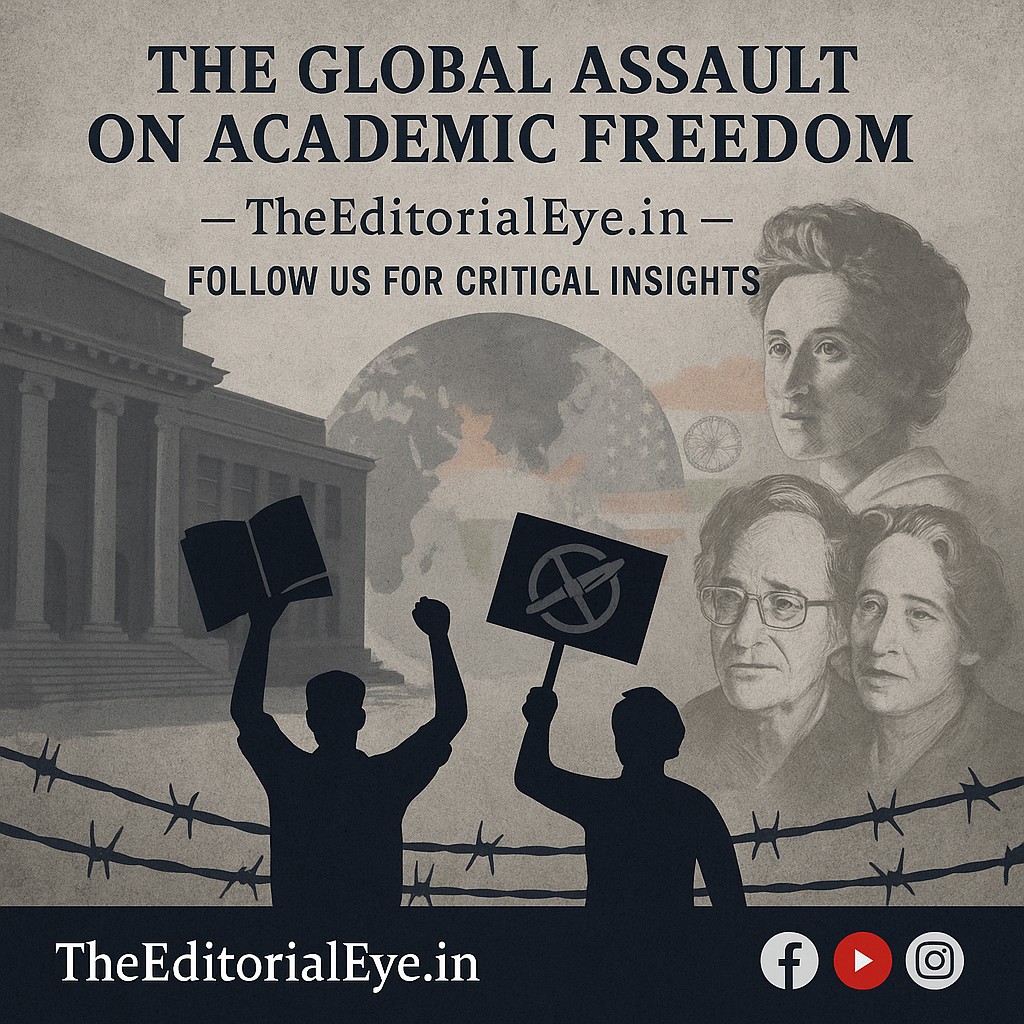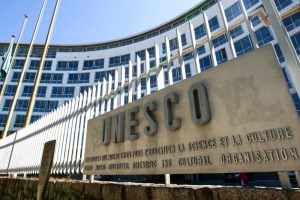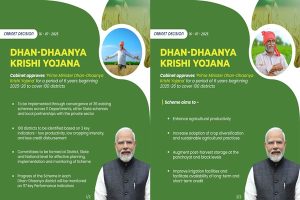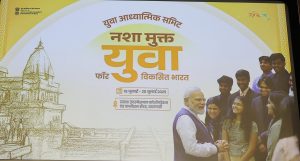The erosion of academic freedom is emerging as a critical concern across global democracies in 2025. Intellectual spaces—long considered the cornerstone of civilisational advancement—are increasingly facing ideological surveillance, censorship, and suppression. An opinion piece by Shelley Walia in The Hindu starkly reminds us that the vitality of a democracy is determined not just by the right to vote but by the freedom to think, challenge, and imagine freely.
The Global Assault on Academic Freedom
Across continents, from the United States to India, the landscape of higher education is undergoing a transformation not towards progress, but towards ideological rigidity. The silencing of dissent, manipulation of curriculum content, and persecution of scholars are not isolated occurrences—they represent a global pattern that threatens the integrity of democratic institutions.
📰 Source: Ideas on trial, critical thinking in retreat – The Hindu, Opinion by Shelley Walia
Ideological Policing of Universities
Educational institutions are no longer neutral grounds for the exchange of ideas. Instead, they are turning into ideological battlegrounds. Rewriting of curricula based on political agendas and framing critical enquiries as “anti-national” are becoming alarmingly common.
📌 Points to Remember:
- Universities are being ideologically surveilled.
- Academic critique is equated with disloyalty.
- Teachers and students face reprimand for raising questions.
- Curricula are rewritten to reflect ideological narratives.
- Institutions are reduced to centres of ideological conformity.
Voices Silenced: Chomsky, Arendt, and Luxemburg
Shelley Walia draws upon towering intellectuals to underline this regression:
- 🧠 Rosa Luxemburg: “Freedom is always and exclusively the freedom of the one who thinks differently.”
- 🧠 Hannah Arendt: Warned of the banality in oppressive systems that numb public thought.
- 🧠 Noam Chomsky: Highlighted how media and state create “manufactured consent” to control narratives and stifle dissent.
These voices collectively warn that societies that cannot tolerate dissent are on a perilous path to authoritarianism.
Case Studies: India, USA, and Pro-Palestinian Protests
In India, dissenting voices are frequently branded as “anti-national.” In the U.S., especially during the Trump presidency, pro-Palestinian protestors and critical intellectuals faced suppression. The clampdown on civil liberties is not just a domestic issue—it reflects how democracies are retreating from their founding ideals.
The suppression of dissenting voices stifles democratic discourse and undermines fundamental freedoms. It is crucial to safeguard the right to critique prevailing power structures and policies. By scrutinising and challenging authority, societies can progress towards greater accountability and justice. Upholding the principles of free speech and intellectual diversity is essential for the healthy functioning of democracies. These values are integral to fostering a culture of open debate and societal advancement.
Why Academic Freedom Matters for Democracy
Without academic freedom, a society cannot self-reflect or course correct. Censorship of critical thought diminishes a nation’s ability to address internal issues honestly, creating intellectual stagnation.
📌 Points to Remember:
- Academic freedom fosters civilisational advancement.
- Censorship leads to societal rigidity.
- Dissent ensures democratic vitality.
- Suppressing inquiry alienates youth from educational institutions.
- Critical thinking is essential for policy innovation and reform.
The Way Forward: Reclaiming Intellectual Space
Despite the tide of suppression, history offers hope. From Václav Havel’s resistance under Soviet repression to today’s student protests, free inquiry has always found a way to persevere.
A new democratic contract must recognise:
- Freedom of thought as non-negotiable
- Academic institutions as sanctuaries of inquiry, not ideology
- Critical dissent as patriotism, not sedition
Conclusion
The erosion of academic freedom is not merely an educational issue—it is a democratic crisis. The ability of a nation to innovate, empathise, and transform depends on its capacity to tolerate and encourage independent thought. As Shelley Walia warns, we must listen to those who think differently, not just for the sake of the university, but for the soul of democracy itself.






Be First to Comment